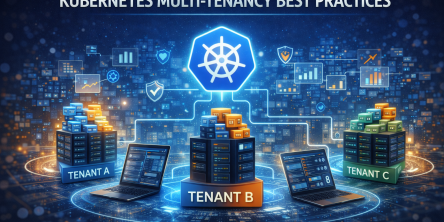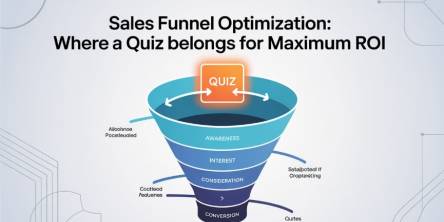Interpersonal Skills in Software Development: Maintaining Reliability and Trust
“Many experts agree that trust is perhaps the most important element of a harmonious synergistic and efficient work environment. Organizations that have trust among employees are usually successful.” Influencing people is a good skill which benefits a professional in many ways. But this is not enough, maintaining reliability and trust is also one of the important factors of interpersonal skills. Most of the time people complain that when they approach a software enterprise to inquire about the services they need, the person talking to them cordially, responds to their queries and confusions, build a connection, and assures them of good service. This makes most of the clients happy and they sign up for the deal. But, after the paper have been signed, formalities completed and the payment done, nobody responds to their phone calls and emails. And the person who talked to them and gave them assurance has now replaced by a man with a stern voice.
In software development, impressive presentations of our key points and influencing skills can help us to get the proverbial foot in the door, i.e. give an initial opportunity of creating a positive image, and this lays the foundation for a solid and long –lasting relationship. So, the most important part of it is to maintain the same relationship over a long period of time. For this kind of relationship, there must be a continuous commitment towards the clients and business partners. We have to keep in touch with the people whom we have left a good impression on. For example, email/text on birthdays and anniversaries, notification emails will help build and maintain a long, steady and productive business relationship. Trust is the best medium to grow success. It creates an environment in which people feel free to be authentic, passionate, committed and willing to share all they have to offer.
Handling a negotiation is a critical task, the most important thing to remember is that we are talking to a person who believes he has equal right of opinion and an equal right to present his views. While we might be roughly prepared and be backed with facts, there will often be situations where the other person will choose to disagree with what we are offering for numerous reasons. Some of them might have their own long-held beliefs, unwillingness to change or adapt, or simply the fact that he feels threatened in the presence of someone who is intellectually superior and refuses this fact to dominate his thought.
So, we are not able to predict what factors influence a person towards denying certain things that are clearly right or accepting certain things that won’t make any sense, but fighting with them and always trying to be correct is not a good approach towards knowing. Instead of trying to sound and appear correct at all times by explaining facts and figures, in software development it is a great idea to ask him to present his views and contribute more in the discussion so that he feels that he is also bringing equal weight to the table.
Several times we just have to concede a point or two, just so that the conversation, and subsequently the deal does not fall through. It is no way being implied that we have to compromise on important facts, but the very nature of a negotiation is to see both sides equally win. When a situation like these comes, it is better to give into a few changes, as compared to giving up on the deal altogether. “It takes years to build up trust, and it only takes suspicion, not proof, to destroy it.”
Similar Articles
In 2026, Microsoft Excel continues to power the U.S. business ecosystem, supporting over 80% of financial modeling, 70% of operational reporting, and nearly 65% of analyst-driven decision workflows across enterprises.
The rapidly growing volume and speed of digital transactions have had a whole lot of implications for businesses
We live in the age of cloud computing. That's plain to see. However, what may escape many are the operational and financial challenges of managing multiple independent clusters.
Times have changed and how! Take modern technology and the fast-paced digital economy, it is driving. Given the market conditions, any company's infrastructure has become more than just a technical detail.
It has been for everyone to see that the modern digital economy is distinguished by high volume, real-time financial transactions.
Business success has become reliant on efficiency and agility of the underlying technology infrastructure. Clearly, companies now depend on cloud computing to provide seamless services while managing exponential data growth.
Hospitals operate in environments where availability and patient safety are paramount at all times. As medical supply chains expand and regulatory oversight becomes more demanding, manual tracking methods introduce delays and risk.
Every sales funnel has one core goal: turn attention into revenue as efficiently as possible. Yet many funnels leak value at critical stages—visitors bounce, leads go cold, and sales teams chase prospects who were never a good fit.
Decentralized Finance (DeFi) has transformed how users earn passive income through blockchain-based financial systems. Among its most popular use cases,









